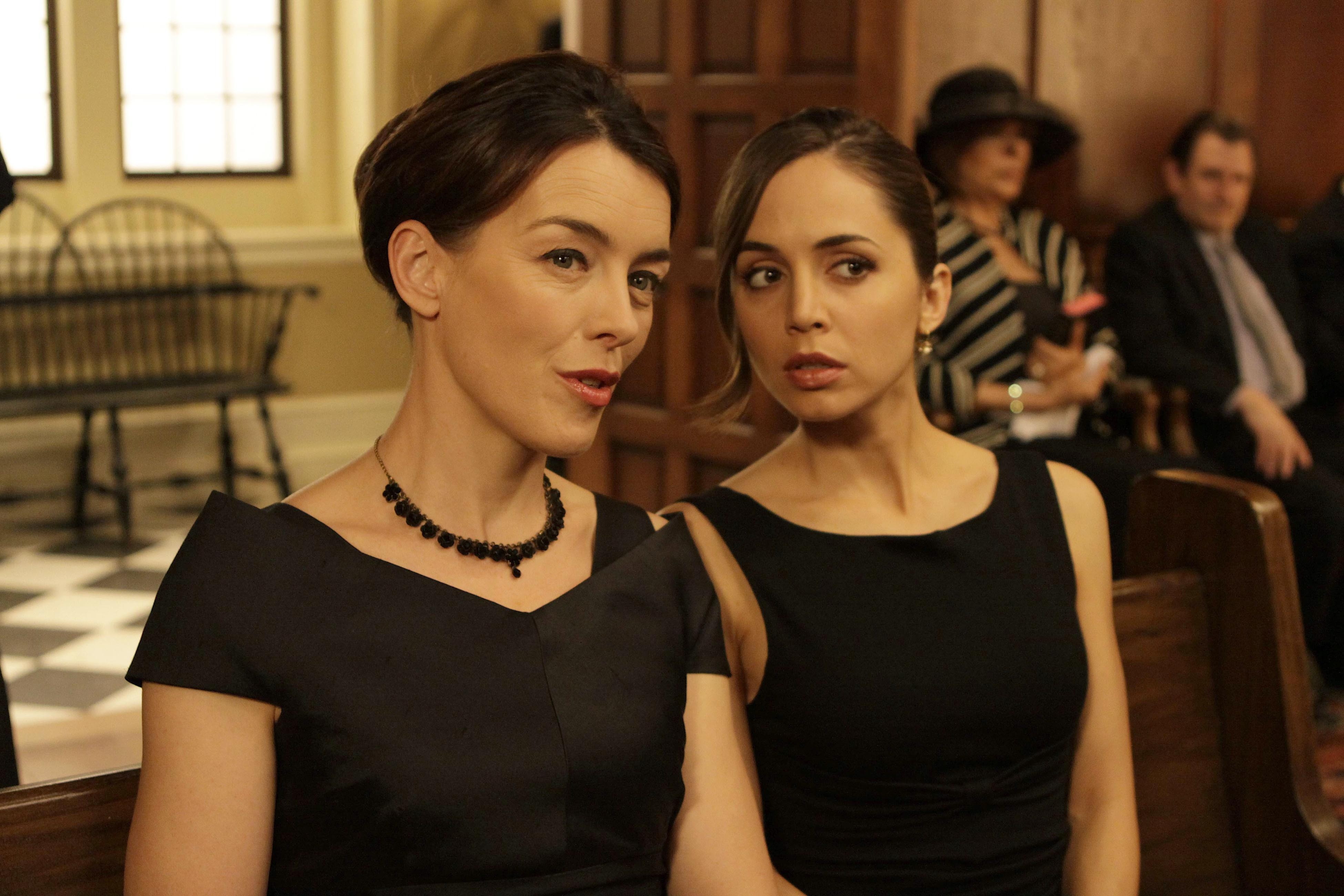In 1978, new wave band Devo asked “Are we not men?” The name Devo comes from de-evolution, the idea that humans perhaps are going backwards, not forwards. I’ve been thinking more about this concept with respect to entertainment and marketing after watching a Fox Network TV show.
I won’t chart any new philosophical ground in this post. But, hey, it’s end of summer, online traffic lulls and I’m feeling philosophical.
Over the weekend, I took an unusual break from blogging and most other online activities to watch the 12 telecast episodes of “Dollhouse.” There is a 13th, unaired episode I’m saving for later this week. Dollhouse is Alias meets La Femme Nikita, but without the altruism or government agencies. People with troubled pasts give up their bodies for five years—the personalities stripped out and stored away. Filled up with custom-designed personalities, the “dolls” go out on “engagements” to clients willing to pay for fantasies. To one wealthy software entrepreneur (played by Patton Oswalt), a doll replaces his wife once a year on the anniversary of her death.
I wonder: How much are we filled up, just like the dolls? I often write about marketing, and isn’t that its purpose—to fill you up with something? Good marketing is about selling aspiration, ranging from making you happy in the moment by laughter or delight to promising to make life better for buying Product XYZ. Marketing doesn’t really change who you are, although it can affect how you perceive products or remember brands. Marketing effects recede, like the custom-personality being removed from the doll, and must be reenforced through subsequent marketing—or in Dollhouse parlance, another “treatment.”
What about entertainment? Aristotle wrote about “catharsis,” the emotional cleansing coming from watching tragic theatre (and there is some debate about what he really meant, but, heck, that’s how my high school taught the concept). But their is identification, too. We want to be that somebody on the stage or screen.
Be honest men. Didn’t you run out of movie “Die Hard” wanting to flip over a semi-trailer truck? “Yeah! Yeah!” Hell, I did. Women, all three of who watched “Death Proof,” didn’t you want to kick some male ass? Or perhaps ladies, you wanted to be the woman who goes onto motherhood, even without the deserting husband, as did actress Jennifer Garner in “Juno.”
Even if briefly, those on-screen personas filled you up, something like the custom-personalities of Dollhouse.
Last month, I spent three days at Comic-Con 2009, interviewing people about why they dress up; what’s important about taking on another role, pretending to be someone else. Most people do want to be another person. Call it dissatisfaction with who they are or desire to be something better.
Who do you want to be?
Do you have a sociological story that you’d like told? Please email Joe Wilcox: joe at joewilcox dot com.
